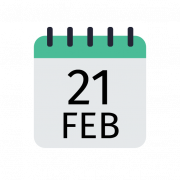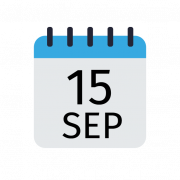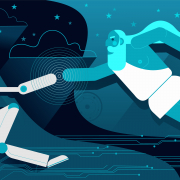ALLEA-GYA Event Report on Research Assessment Published
ALLEA and the Global Young Academy (GYA) have published a report covering the key takeaways of their webinar ‘Research Assessments that Promote Scholarly Progress and Reinforce the Contract with Society’. The event brought together science and policy stakeholders to rethink current research assessment models.
The report tackles three main questions debated by presenter Ellen Hazelkorn (BH Associates) and discussants Kostas Glinos (European Commission), Michael Hill (DORA Steering Committee), and Martin Dominik (Global Young Academy):
- How can we strike a balance between funding of research to advance scientific progress in itself on the one hand, and public accountability in terms of societally relevant research on the other when assessing research?
- How can the societal relevance of research best be assessed and who defines the criteria?
- How should research assessment be done?
Among other messages, the report underlines that:
- All research that significantly adds to the scholarly record holds the potential of being translated into concrete value for society sooner or later, although not necessarily by those who originally carried out that research.
- Societal accountability covers a wide sphere of impact, hence there is a need to include researchers from the social sciences and people with expertise on social impact, as well as co-expertise between researchers and lay-people.
- Meaningful assessments will need to respect and be tailored to a specific context, provide an answer to a concrete question, and meet the aim of the assessment.
The report is based on a webinar held on 25 November 2020 and moderated by Roger Pfister (Swiss Academies of Arts and Sciences). The video can be watched on ALLEA’s YouTube channel. The work was led by the ALLEA Permanent Working Group Science and Ethics.
This project is part of a strategic partnership between ALLEA and the GYA, which seeks to strengthen cross-border collaboration between researchers from different age groups, disciplines and career stages. Building on and further consolidating existing forms of cooperation, both organisations aimed to analyse and rethink current research assessment models, as well as scientific publication and peer-review practices.

